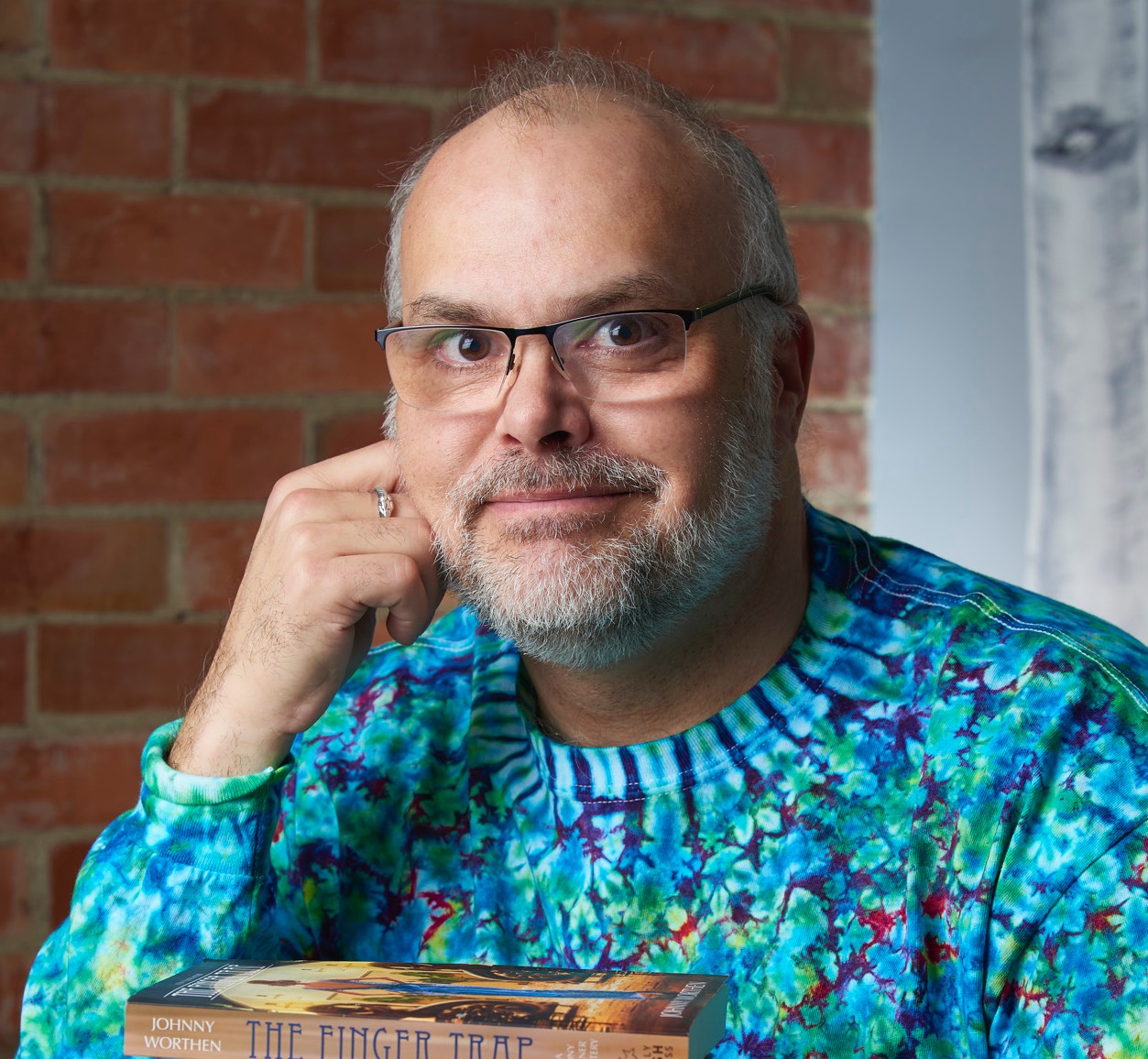We recently connected with Johnny Worthen and have shared our conversation below.
Alright, Johnny thanks for taking the time to share your stories and insights with us today. Are you happier as a creative? Do you sometimes think about what it would be like to just have a regular job? Can you talk to us about how you think through these emotions?
Happiness, to state what should be the obvious, is an internal condition. That being said, being an author is a hell of a career choice for the sensitive soul. Writing—putting words on paper—is great. It’s full of all the things that allow one to be happy; creativity, expression, measurable work, sense of completion, spiritual exploration. Great stuff, but once the writer chooses to be an author, that is, to share their work, seek readers, try to get notice in any form, they have crossed over from the bright world of creative to the dark realms of commerce; from artist to salesman. These two states are not often found in the same person. For some, bless their successful hearts, they are and to those people I have only envy. Authors face rejection. Lots and lots and lots and lots and lots and lots and lots of rejection. Some people say they thrive on rejection. Those people should be noted for future reference like anyone who belonged to Slytherin house. Trouble there.
The traditional route of publishing, that is trying to get an agent and an editor and an established publisher, preferably one of the big five (four now?) to love your book and set you up is a trail of woe—boiler plate rejection letters and crushed self-esteem. It’s the biggest reason people choose to go indie (self-publish) where there’s a whole new buffet of disappointment and rejection. If you’re lucky, you face shit sales, cruel reviews, a money pit of marketing efforts. If you’re unlucky, you still have the money pit of marketing efforts but this is coupled by devastating complete reader indifference. Rejection.
Rejection erodes one’s happiness, let me tell you. Oh, I just did.
Let me say that I’ve had a lot of other jobs, multiple careers, and every one of them paid better than being a writer, but none could hold a candle to the satisfaction of this one. For about twelve years now I’ve been a full-time writer, and though the rejections have become easier to take, strangely enough, I have figured out where the happiness lies here.
First one must understand the two sides of this; the creative and the commercial. One has control over the former, not the latter. The fickle fads of subjective appreciation are the riptides of publishing, but the warm soothing pools of writing, the creative side, are a divine gift. That’s where the magic happens. One must write for themselves first and foremost. Even those people who are paid in advance to write something guaranteed to sell, should, and I hope do, write for themselves first. That’s where the happiness lies.
Second, take your successes where they come and don’t measure it by dollar signs alone. No amount of money, no contract or book deal, no hard-cover copy of my book in my hand has ever come close to the glorious feeling of writing “The End.” That’s the drug. My writing friends are also a success, my classes, this interview—all these things are successes. I cherish them. Materialism is attachment and you know what the Buddha said about attachment. It’s bad. Don’t do it. There. You’re a Buddhist now.
Om.
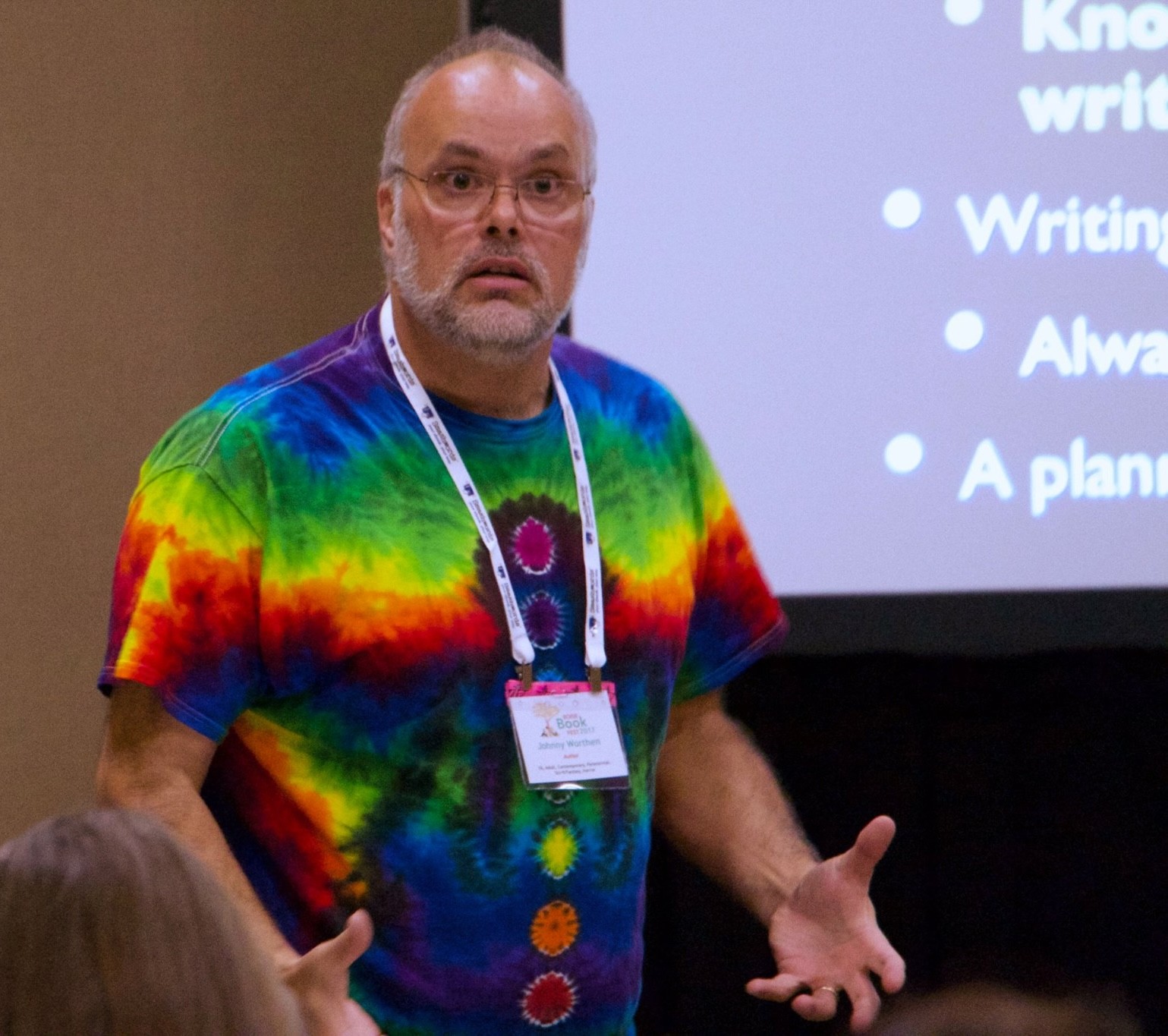
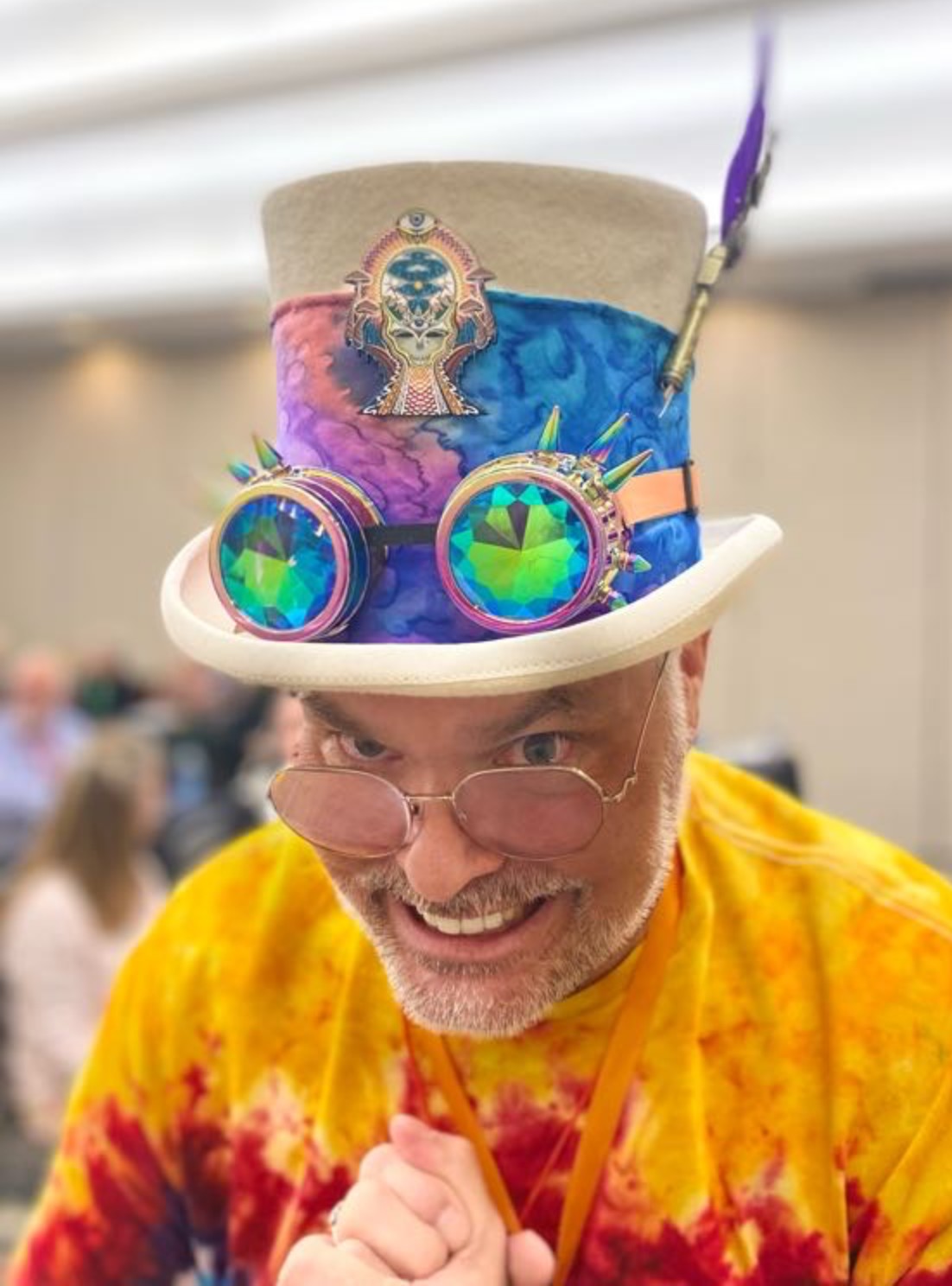
Awesome – so before we get into the rest of our questions, can you briefly introduce yourself to our readers.
By some standards I got started late in this line of writing. Had I come out of college, or better yet, kindergarten, with a drive to write fiction every day and query and promote and network and plug into social media every night, I’m sure my career would be much different. As it is, I’ve had many other jobs and careers; medicine, insurance, real estate. I opened a fast-food bakery in Eugene, Oregon when I was desperate and because my degrees were in English with a minor in Classics. Yes, I read Latin. Don’t think that hasn’t come in handy. I was a proverbial Jack-of-all-Trades. Through all of it, however, I wrote where I could. Newsletters, journals, role-playing games, hate mail to Rupert Murdoch, love letters to Kate Bush. The usual. Then, in my forties, I was again between careers. I looked at my bucket list, (I think I actually had one written down) and noted the one thing that had always been there, near the top, was writing. I had a war chest and a tolerant supportive wife to provide health insurance in this slave state of dystopian capitalism where our very lives are controlled by our employers’ whim of allowing us to punch a clock in exchange for access to medical care. A career was born. My plan was to “fake it til I make it”. I planned this. I would live my life as if I were successful writer, planning my efforts and time around what I envisioned a successful author did. I wrote, I queried, I learned everything I could wherever I could. I started going to conferences. I joined my local writing group, The League of Utah Writers. My goal was always to be traditionally published because I’m a lazy man and I thought that would be the best way for me.
I saw no success for years anywhere. Then I lowered my sights a little and looked at small presses, not just the New York conglomerates, and wham-o prest-o, I got into something of a bidding war for my horror BEATRYSEL. I went with the now retired Omnium Gatherum because Kate Jonez is a complete doll and, if I have one, my career mentor. Other books sold after that in multiple genres. Jolly Fish Press (since bought out by Flux publishing) picked up my young adult series, THE UNSEEN which won awards, include the first book ELEANOR, being named the YA book of the year. Jolly Fish also published my grown up comedy mystery THE FINGER TRAP, which introduces my comic sleuth Tony Flaner. That book won the Diamond Quill for book of the year in Utah.
When the rights to my books reverted to me, I became an indie author. I think it was Virginia Wolfe who said there’s nothing sadder than a stack of unpublished manuscripts. Tony Flaner, has since been acquired by Rough Edges press which re-published the five book series and also debuted book 6, THE REAL DEAL which just came out. Pretty spiffy.
My coup was landing my awesomely epic science fiction trilogy CORONAM with Flame Tree Press, New York/London. Distribution through Simon and Schuster. I’m not big five exactly, but I’m in their lobby eating the mints. Book 3 in that series called OF HEROES, HOMES AND HONEY arrives in January 2024. The first book hit best seller for a time. That didn’t suck.
I’ve gone through two agents and am currently orphaned there. I’m looking for a well-placed one who can help me with place my other YA books.
You see, one of my problems, one of my many problems, is that I won’t stay in my lane. My writing education came from criticism, from deconstruction. I write stories from the inside out, “theme first,” I call it. The story grows out an idea I wish to examine and the genre will be determined by the need of the book. This makes my career interesting and varied on a creative level but absolute misery on the publishing side. The audience for my hilarious Tony Flaner books might not appreciate the spiritual terror of my horror WHAT IMMORTAL HAND, or the tender maternal emotions of ELEANOR, and the epic social evolution of CORONAM is for fans of Frank Herbert DUNE. The ones who liked the book, not just the movie.
I take my hard earned lumps, my wounds, and tricks and teach now. The University of Utah has given me space to inspire new writers in their lifelong learning program. Just night school. No grades, just people like me, who have the obsession to write. I am a frequent speaker at writers conferences who’ll have me and I can reach without a sherpa. I’ve lead the aforementioned League of Utah Writers as its president. I’m still writing and I have books slated to be published and queries out in the wild.
I like to say that I’m eleven years into my ten year plan to be an overnight success. Let’s see what twelve brings.
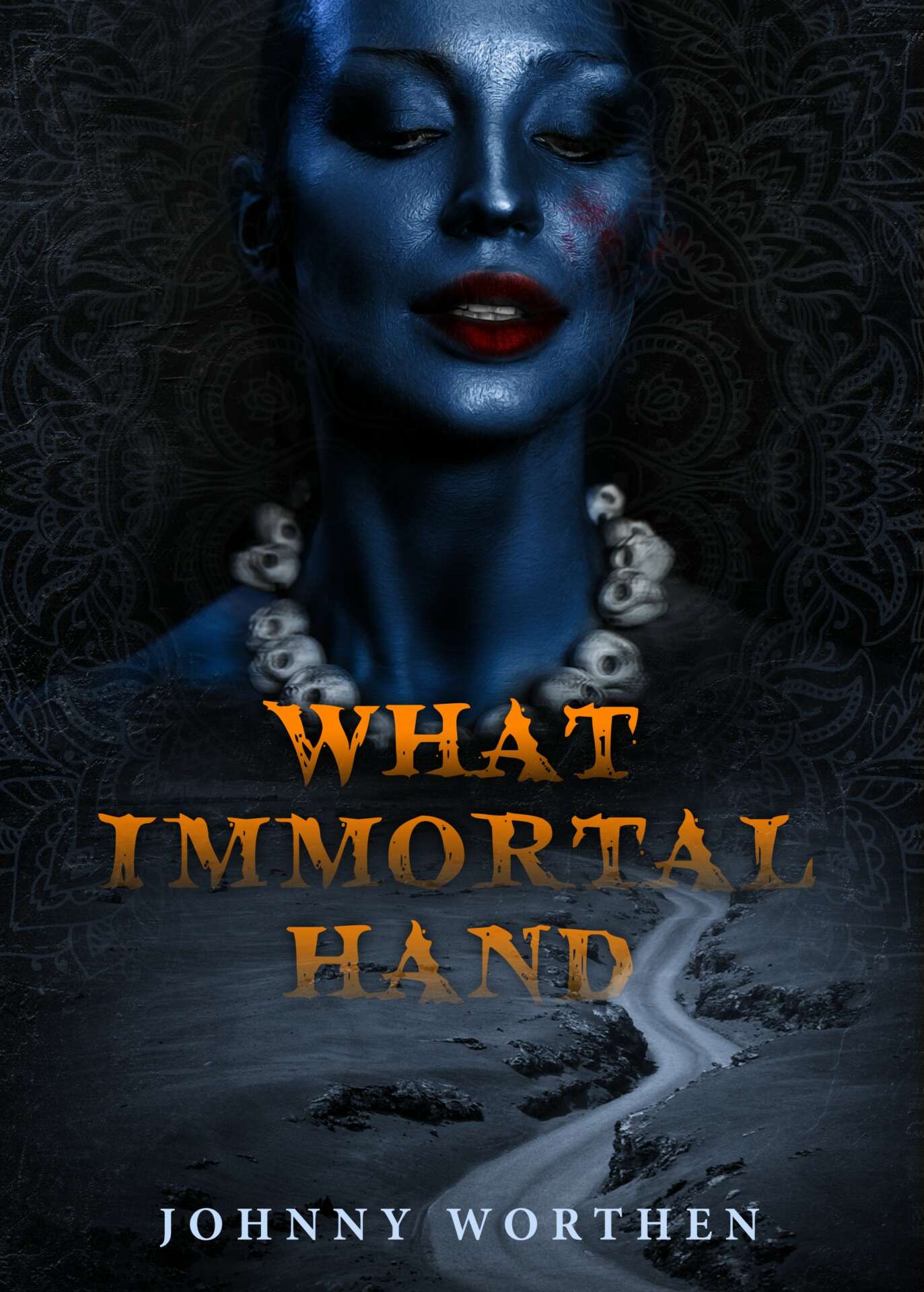
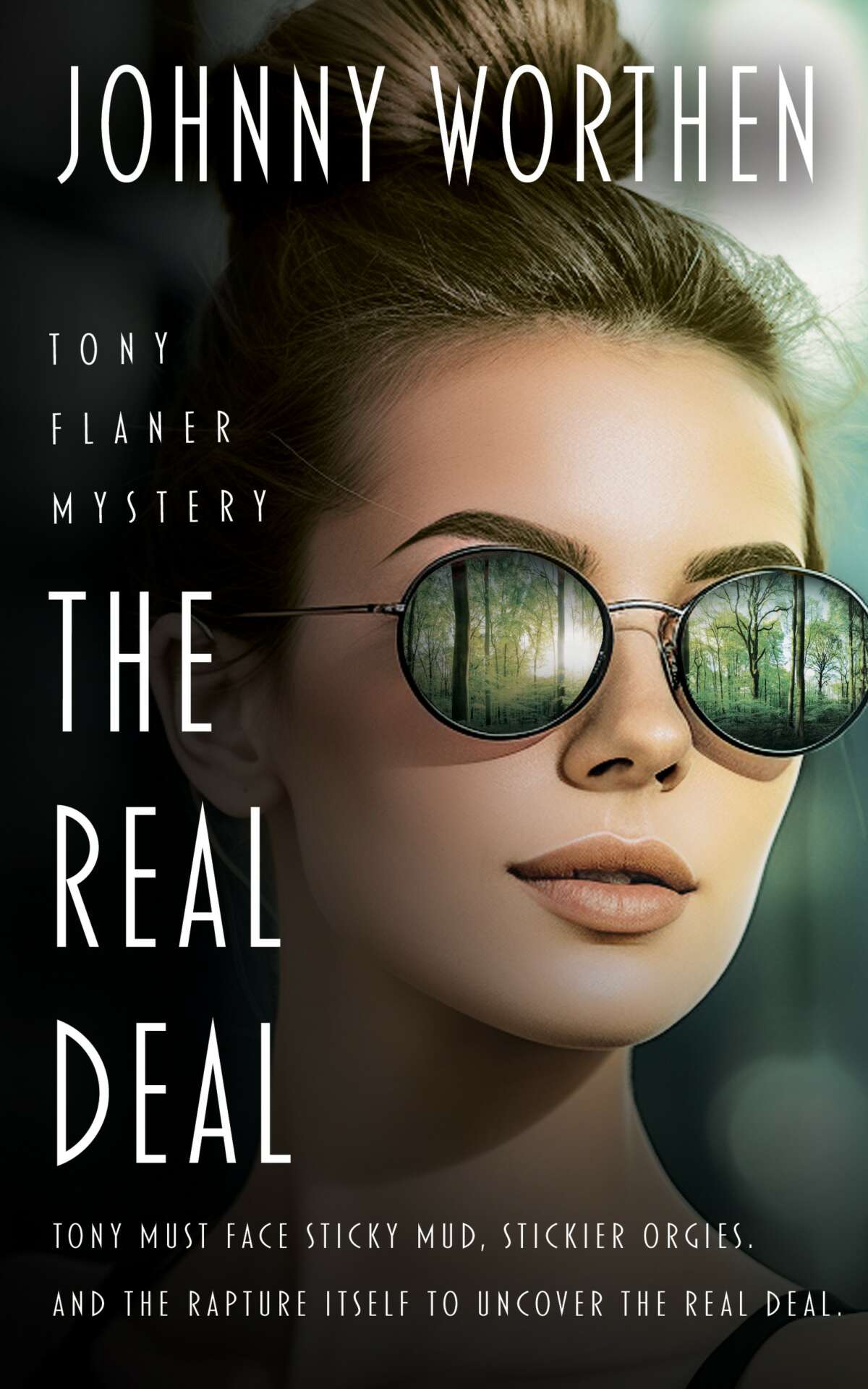
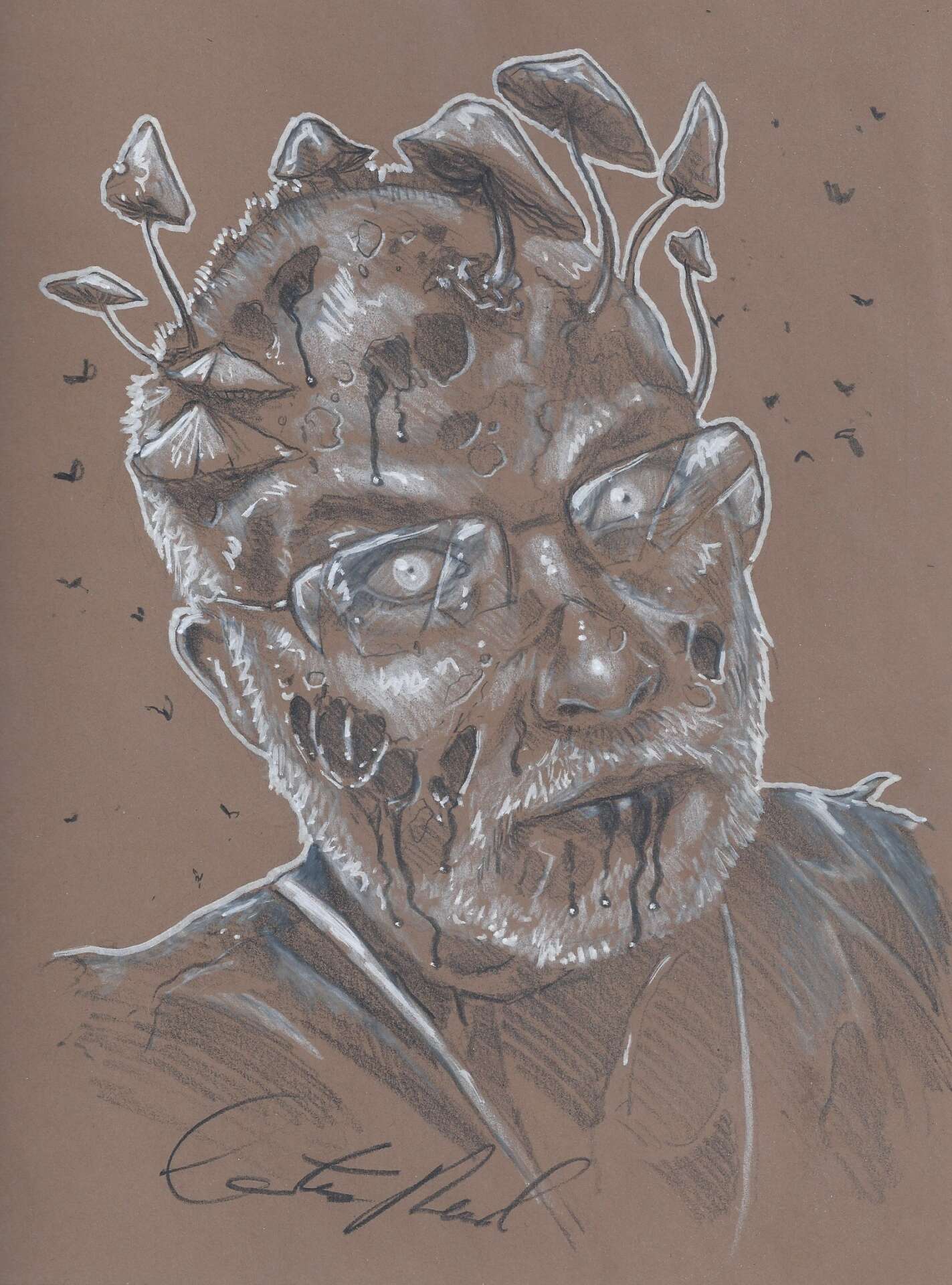
How about pivoting – can you share the story of a time you’ve had to pivot?
Barring the only true success of the journey of writing itself, material success can take many forms. In the beginning of my career, I thought that writing success was getting a famous agent who’d rush my story to an editor and get me a great book deal with a big publisher. I’d then see my name on the jacket and watch as it flew off bookstore shelves, ever climbing the New York Times Bestseller’s List. Oprah would want to talk to me. A decade later, I’ve learned that that’s only one way, the hard way, the rarest way, to success. There are other ways to be published, other ways to succeed. My first insight was that an agent is not necessary. I’ve gone through two so far. The first was a hell-beast shithead who had no business being in the business or being around civilized human beings. This is a comment on their personality and temperament, not the job. My second agent was a support, but issues arose and it was best to split. Neither agent ever placed a single book for me. I did it all myself, though my last agent did help with an important contract.
This brings me to my second insight in publishing, approach smaller presses. Here you’ll find more daring and open-minded editors who aren’t married to the flavor of the month or the fickle narrow tastes of fashion. Though each is different and some are barely more than a self-publishing assistant, they can do much for you, especially at the beginning.
Third, self-publishing is a thing, a big thing, and it’s getting bigger. And, dare I say, it’s a good thing. Technology exists now to publish your book yourself. I swore self-publishing would be the last resort for me, but when I finally tried it, I liked it. I made more money and I was in complete control of the promotion and marketing. No one will ever care as much about your success as you will. Even authors in the big presses have to do their own promotion, so I might as well get the money too.
The problem is that though it’s never been easier to get published, it’s never been harder to be read. Luckily, technology now allows every reader to curate their own tastes. This means that there are probably readers out there for you, readers the big presses wouldn’t think to hunt for, but are out there nonetheless. You just need to connect. With a few notable exceptions, the vast majority of writers I know who make a living at this thing, are doing it themselves.
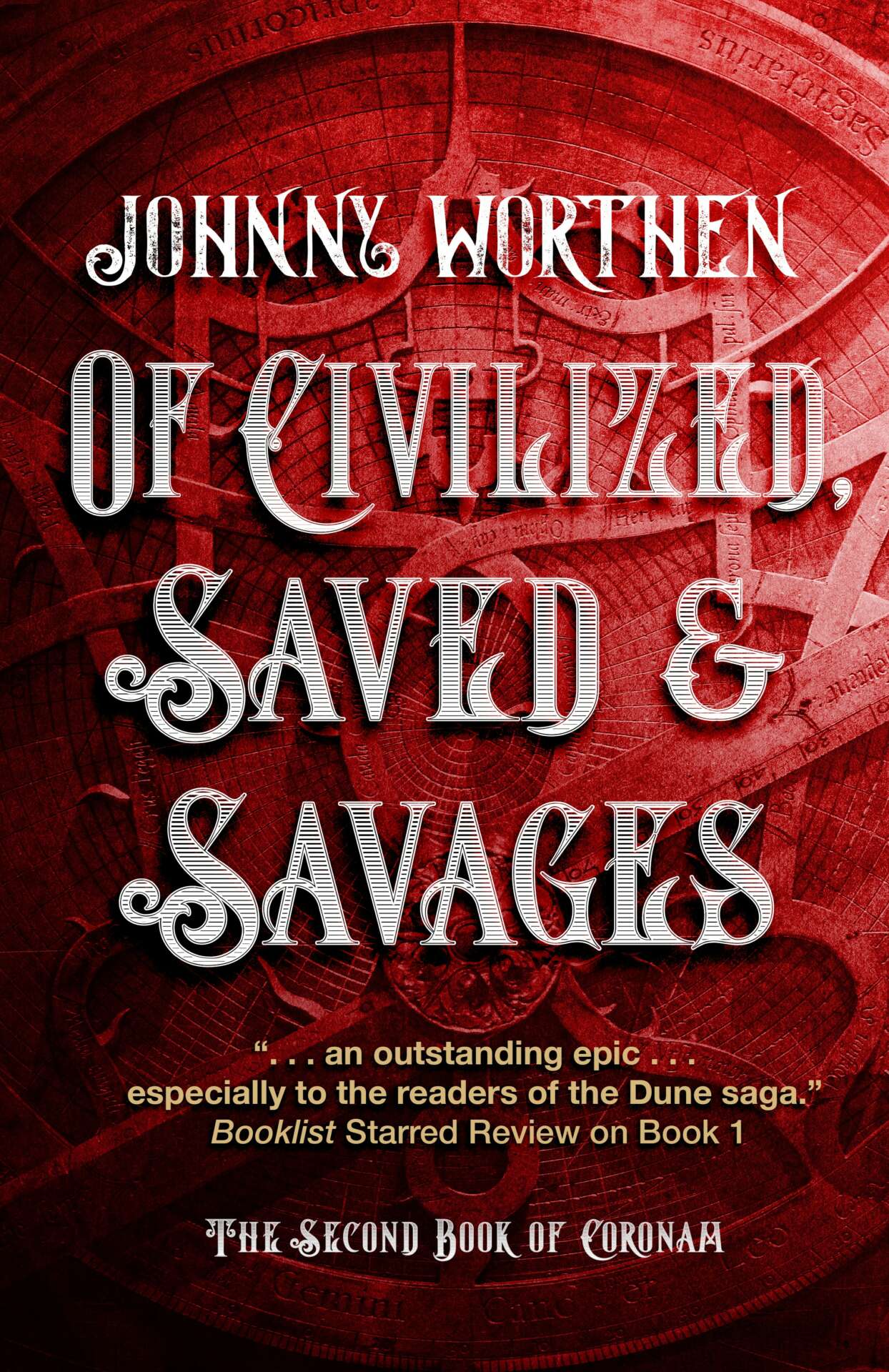
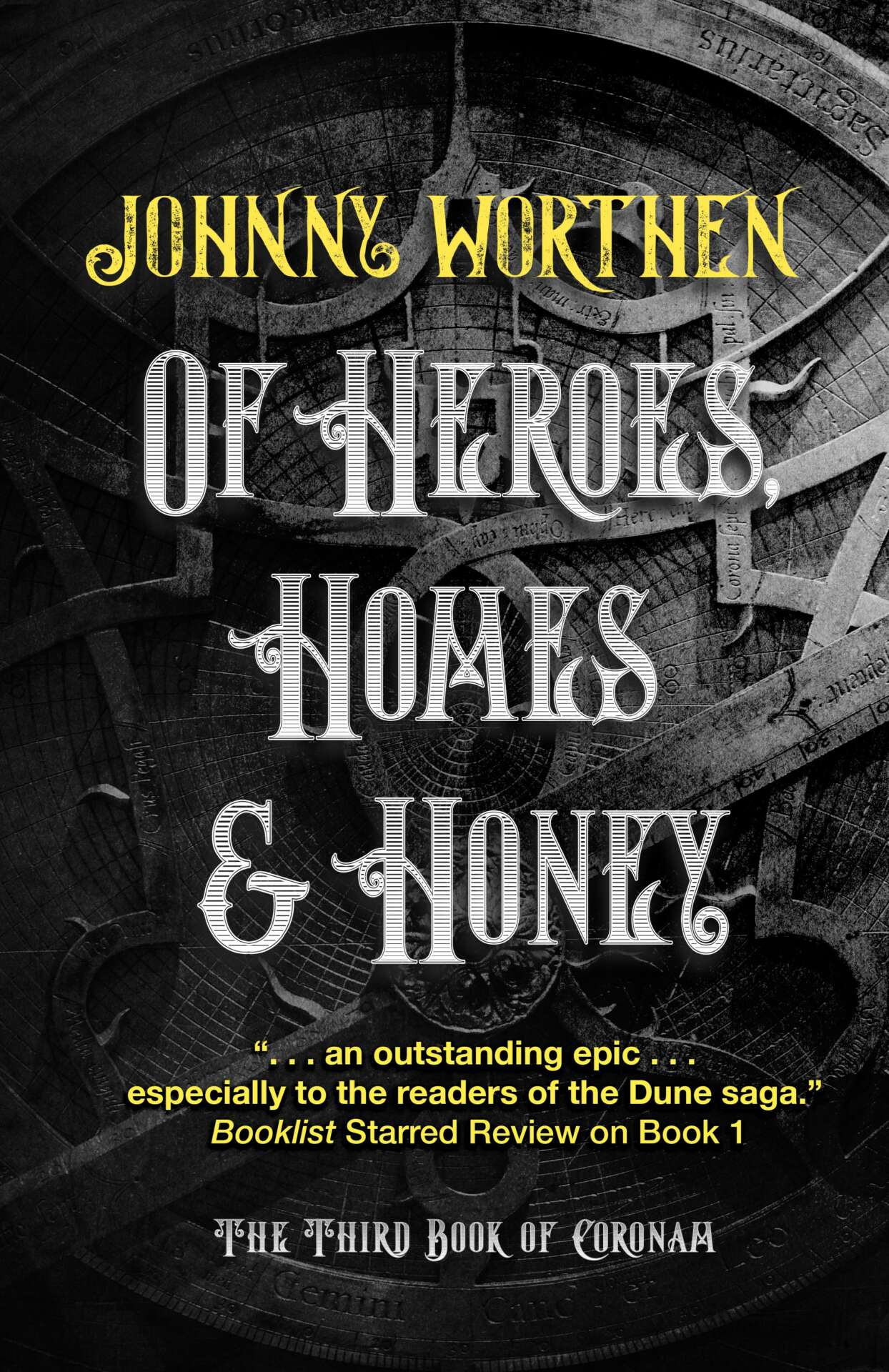
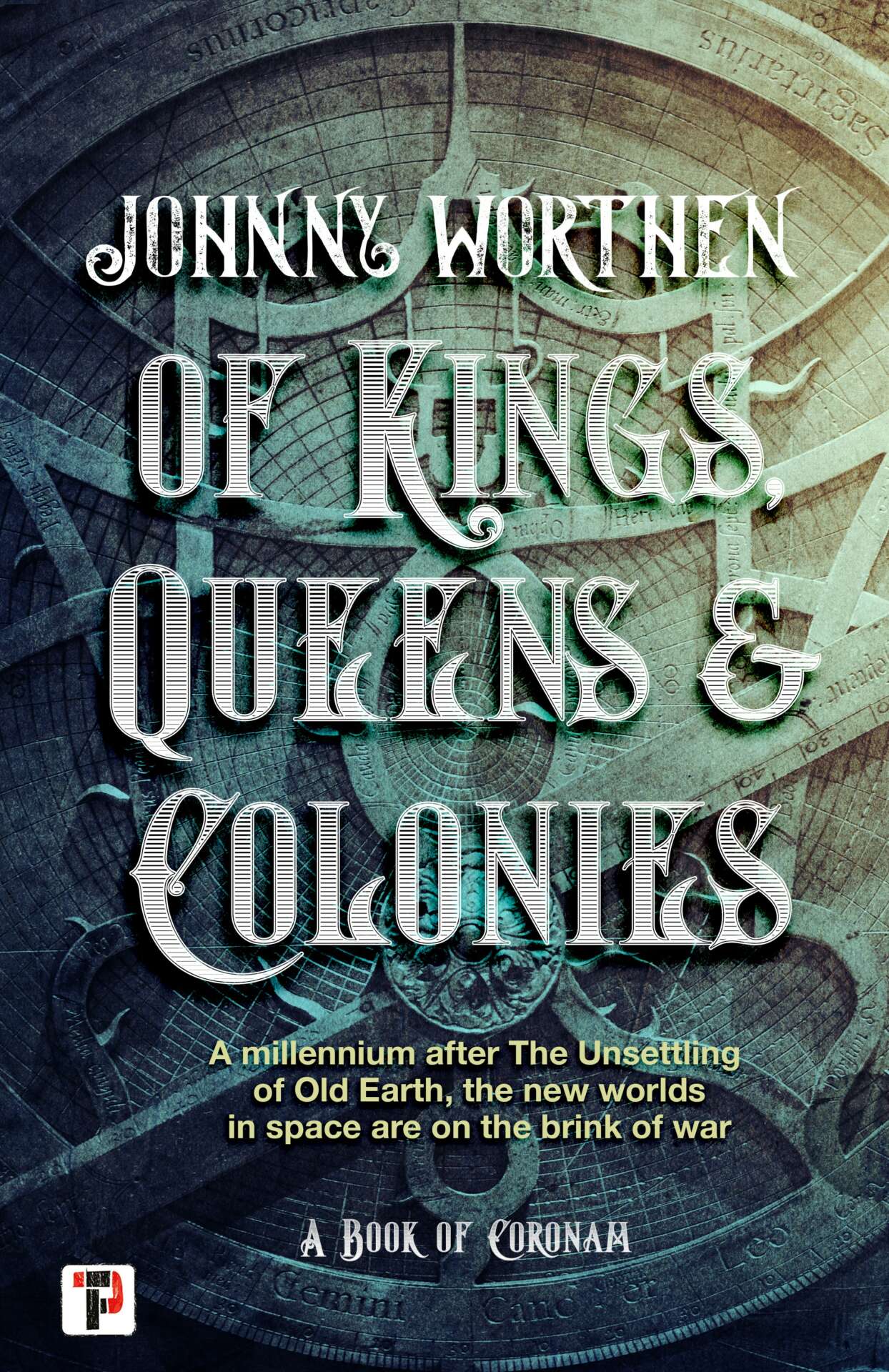
Looking back, are there any resources you wish you knew about earlier in your creative journey?
I was years into being writer before I realized I was not alone. There are writing groups out there. There are conferences and classes and mentors galore! These groups are fantastic for networking, learning, sympathizing. The best part of the path is the people I’ve met along it. In an age where we’re all connected all the time, it sure is lonely. Writers spend inordinate amounts of time sitting in dark rooms talking to invisible friends. Real human contact, with people who share your passion, is a tonic. I’ve made the best contacts at writing conferences, I’ve made the best friends through local writing groups. I’ve honed my skills from classes. I publish with my groups, I teach and learn. Take away: You’re not alone. Join the community. Join the conversation.
Contact Info:
- Website: www.johnnyworthen.com
- Facebook: https://www.facebook.com/JohnnyWorthenBooks/
- Twitter: https://twitter.com/johnnyworthen
- Other: https://www.amazon.com/Johnny-Worthen/e/B00GMZ6ACY
Image Credits
I have rights to use all images


